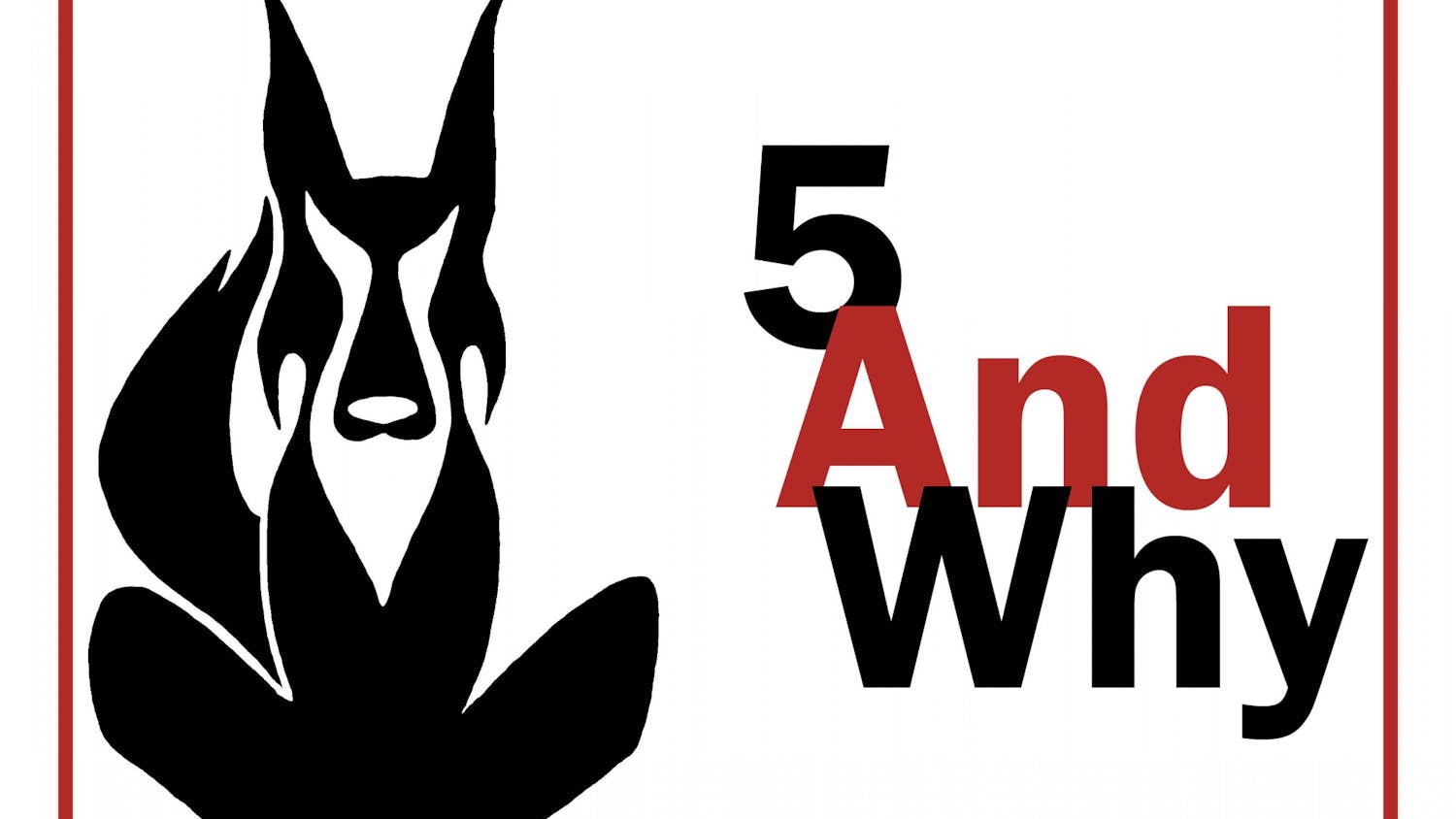“The Constitution is more than just a text,” said Yale professor Akhil Reed Amar said during his speech Thursday evening.
Amar is a distinguished professor of law and political science at both Yale Law and Yale College, where he teaches constitutional law.
“(The Constitution) is an act of ordainment and establishment,” Amar said. “It lets people speak, lets people vote, even before the freedom of speech and freedom of the press are put in the words of the First Amendment.”
In his speech, Amar accredited the globalization of democracy to the ratification of the United States Constitution.
“Democracy existed almost nowhere on the planet before 1786,” he said. “The history of the world is the history of kings, emperors, tsars, sultans, lords and chieftains — thugs all.”
Amar claims that we now inhabit a democratic world in which more than half the population has a democratic form of government.
“The word ‘democracy’ is not a dirty word,” he said, stating that it is more important now than ever to understand both the written and unwritten parts of the Constitution.
Amar explained that the world has an increasing number of educated elites, and being able to understand the rights the U.S. country was founded upon is critical.
“People died and I want you to know what the words (of the Constitution) actually say,” Amar said, adding, “you’re entitled to everything those words say, and more.”
When the Constitution was ratified in 1788, “more people were allowed to vote than had ever before been allowed to vote on anything in human history,” he said.
The word “citizen” appears more than 20 times in the constitution, which Amar says proves that the Constitution was made “by the people, for the people.”
Amar described the Constitution as a model that has allowed countries around the world with incredibly culturally diverse populations to govern themselves.
Get content from The Daily Lobo delivered to your inbox
“It’s a multi-cultural, multi-religious, multi-ethnic project,” he said, adding that projects take time to work out, making the Constitution an intergenerational project.
“We won the last century, and I like our odds going forward if we stay true to our best selves,” Amar said.
At the end of his speech, Amar held a brief Q&A session in which he addressed concerns about the Electoral College and the Trump administration.
“A lot of learning is going to evolve unlearned,” he said. “Knowledge advances; that’s true of constitutional laws, too.”
When describing the flaws of the Electoral College, Amar said, “America is not divided by big and small states. America is divided north against south, coast against the center and cities against (rural) country.”
The plan for the Electoral College, as described by Amar, was to unite and democratically elect the president.
Amar did not offer an alternative to the Electoral College system; however, he did state that “in a direct election, the south would win every time.”
Amar concluded his discussion with a call to action: for everyone to read and understand the Constitution.
“We want to crawl back into the womb,” he said, “because we are scared and that’s where we came from.”
Amar said it was “too soon” to tell how Trump will challenge the system of checks and balances, but that understanding the rights provided to the citizenry will allow the country to remain a leading example of democracy.
Celia Raney is a news reporter at the Daily Lobo. She can be contacted at news@dailylobo.com or on Twitter @Celia_Raney.





